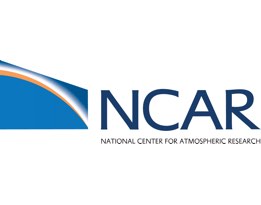 Today Altair announced that its industry-leading HPC workload management software, PBS Professional, will be installed as the workload manager for the new SGI supercomputing system destined for the National Center for Atmospheric Research (NCAR).
Today Altair announced that its industry-leading HPC workload management software, PBS Professional, will be installed as the workload manager for the new SGI supercomputing system destined for the National Center for Atmospheric Research (NCAR).
Supercomputing is vital to NCAR’s research and this new system will be an important tool for researchers across the United States,” said Anke Kamrath, director of operations and services at NCAR’s Computational and Information Systems Laboratory. “It will enable enhanced understanding of weather and other natural processes, helping to make society more resilient.”
PBS Professional was included as part of an SGI contract to provide NCAR with an ICE XA supercomputer. The SGI high-performance computer will be a 5.34-petaflop system with the ability to perform 5.34 quadrillion calculations per second at three times the energy efficiency of its predecessor.
NCAR provides computing resources to thousands of scientists and researchers throughout the United States. The new supercomputer will upgrade NCAR’s ability to run increasingly detailed models that simulate complex processes, providing information for planning and mitigating risks. It will be a critical tool in studying severe weather, climate change, air quality, seismic activity, wildfires, geomagnetic storms, wildfires and other geoscience topics.
Used by thousands of companies worldwide, PBS Professional enables engineers in HPC environments to improve productivity, optimize resource utilization and efficiency, and simplify the process of cluster workload management.
With PBS Professional running on a top United States geoscience supercomputing system, Altair further solidifies our leadership as the preferred HPC workload management for massive-scale machines running critical, complex workloads,” said Dr. Bill Nitzberg, CTO for PBS Works, Altair. “We look forward to working with NCAR and SGI to deploy and maintain this new system in the years to come.”



